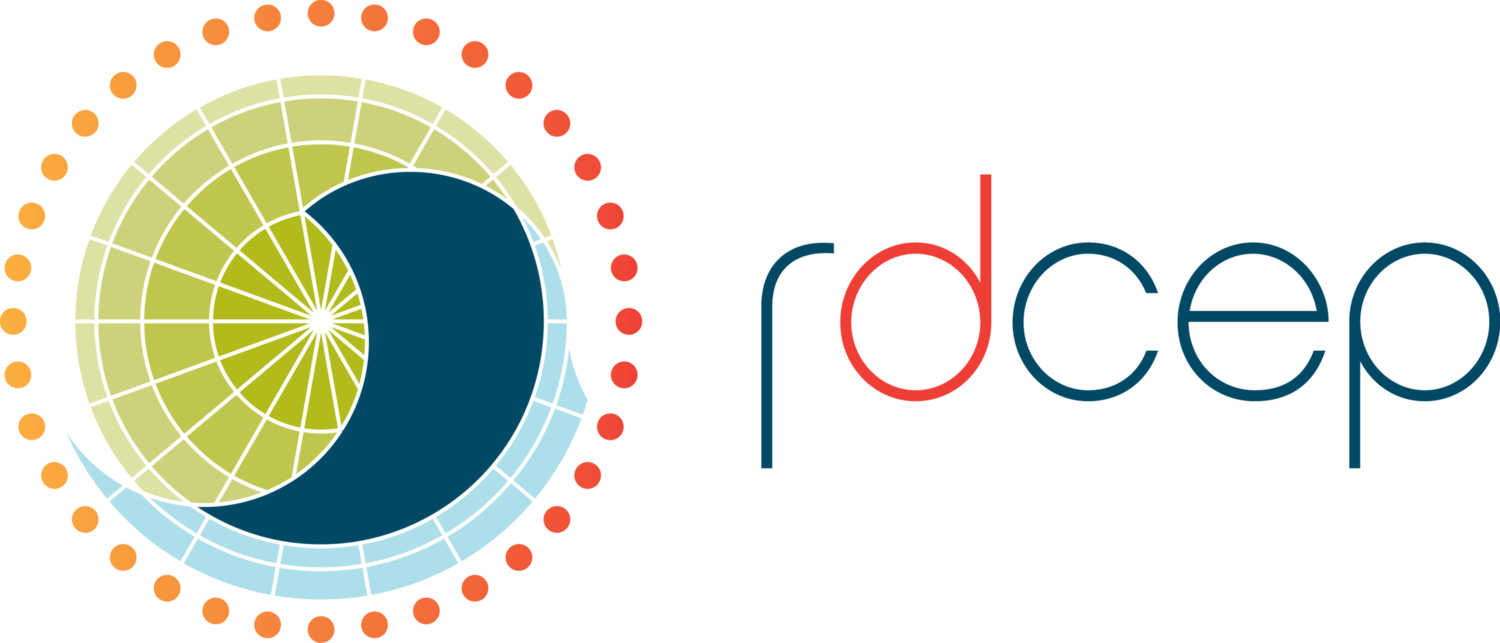Location: Searle 240 and Webcast
Speakers: Joshua Elliott, RDCEP & Funmi Olopade, UChicago Medicine
Funmi Olopade - Using Whole Genome Sequencing and Parallel Computing to Understand the Genetic Architecture of Breast Cancer in Sub-Saharan Africa
Breast cancer is no longer defined as a single disease but rather a heterogeneous disease comprised of distinct subtypes with varied molecular, clinical and prognostic characteristics.
Classification of molecular subtype by immuno-histochemical stains of the estrogen (ER) and progesterone (PR) receptors and the human Epidermal Growth Factor Receptor-2 (HER2) is the basis for most clinical definitions and drives the treatment of breast cancer in countries with well-established and equitably distributed health infrastructure today. We are performing whole genome sequencing of 100 Nigerian breast cancer cases on the Illumina platform, with neoplastic and non-neoplastic tissues sequenced to average depths of 90x and 30x, respectively. To handle the computational burden inherent to large-scale sequencing analyses, we have developed SwiftSeq, a modular, highly-parallel workflow for fast, efficient, and robust processing of DNA sequencing data. Using Genome Analysis Toolkit's best practices, SwiftSeq is able to completely align, process, genotype, and annotate a 30x genome in ~36-40 hours. By scaling with compute resources, our framework can analyze hundreds of genomes in days, rather than weeks.
Gathering data to inform policy interventions for diverse populations of women across the African Diaspora is daunting. With continued sequencing, analysis, and comparison to Caucasian tumor-normal genomes from The Cancer Genome Atlas, we will elucidate the unique characteristics of breast cancer genomes in Sub Saharan Africa and determine which of these alterations may be amenable to available therapy or novel therapeutic approaches.
Joshua Elliott - Collaboration and computation to address climate change and food security in Sub-Saharan Africa.
Understanding the potential impacts of climate change and the likely effectiveness of adaptation strategies is of crucial importance to the sustainability of agriculture and natural ecosystems. Improvements in data availability and simulation model fidelity promise to enable significant improvements in knowledge. However, progress is hindered by the challenges inherent in creating and managing increasingly complex data acquisition, processing, simulation, post-processing, and intercomparison pipelines.
To address these challenges, we are developing the Framework to Advance Climate, Economic, and Impact Investigations with Information Technology (FACE-IT) for crop and climate impact assessments. This integrated geospatial data processing, delivery, and simulation framework enables data ingest from diverse geospatial data archives; data regridding, aggregation, and other relevant processing required prior to simulation; large-scale climate impact simulation using a range of applications, including different agricultural models, and leveraging high-performance and cloud computing; and post-processing to produce aggregated yields and other output variables needed to enable model intercomparison and to connect biophysical model outputs to global and regional economic models and assessments. It leverages the capabilities of the Globus Galaxies platform to enable the capture of both workflows and simulation outputs in well-defined, reusable, and easily comparable forms. We describe the FACE-IT platform and show some examples of the platform in action for regional integrated assessments at sub-national scales in Sub-Saharan Africa.
Information: Lunch will be provided.
Webcast: This talk will be broadcast live via Blue Jeans at http://tinyurl.com/TCS-CI. You will have to install and approve a browser plug-in. Upon entering the meeting, please select "Don't Send, Only Receive".
Inside the Discovery Cloud Speaker Series 2014-15: Catalyzing Collaboration
Computation catalyzes collaboration, placing disciplines with their own jargon, practices, and culture on common digital ground and bringing new capabilities and perspectives to propel discovery. The primary mission of the Computation Institute -- a joint initiative of the University of Chicago and Argonne National Laboratory -- is to advance and accelerate research across all fields. Partnerships between CI and domain scientists create pioneering and unique collaborations, investigating some of the largest scientific questions of our time: climate change, genetic medicine, global urbanization.
The CI’s 2014-15 Inside the Discovery Cloud speaker series will focus on these partnerships, presenting pairs of speakers who are working together to unlock new knowledge through computation. Hear about how new computational approaches are changing medicine, biology, social science, public policy, and more, and discover opportunities for new collaborations and student research projects. Talks will take place from Noon to 1:30 p.m. on the 3rd Wednesday of each month in Searle 240, and lunch will be provided.












